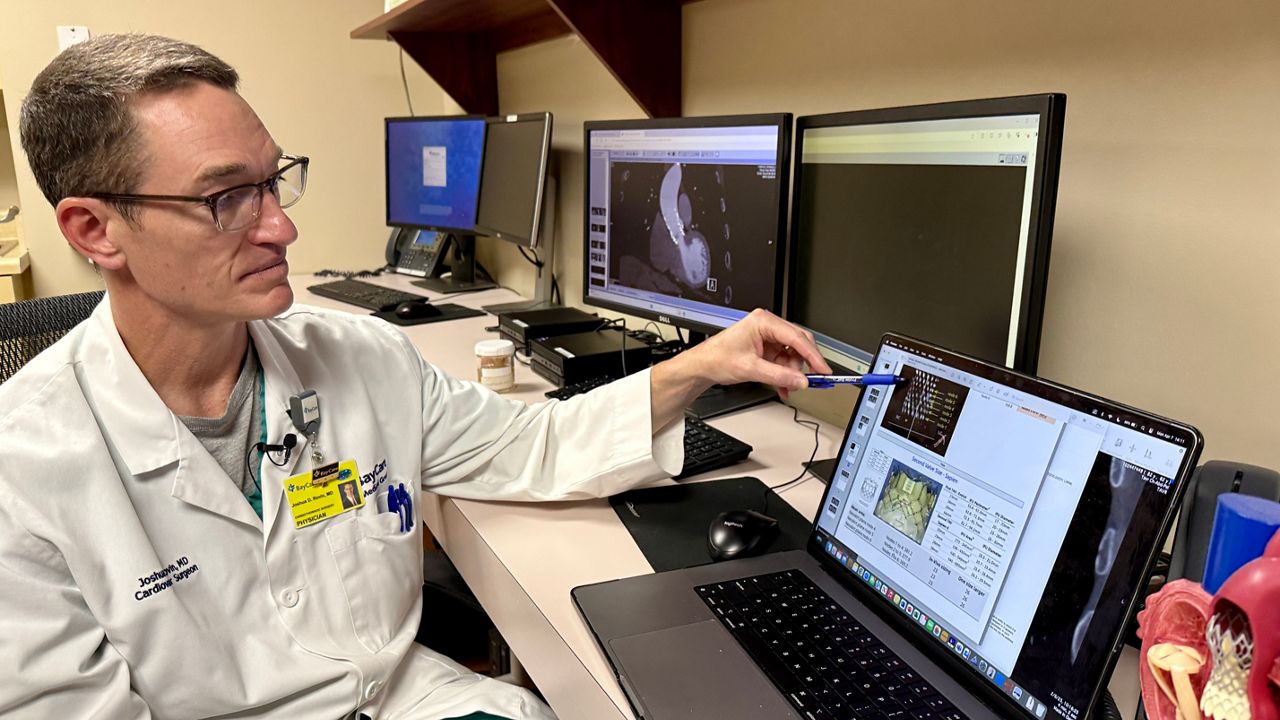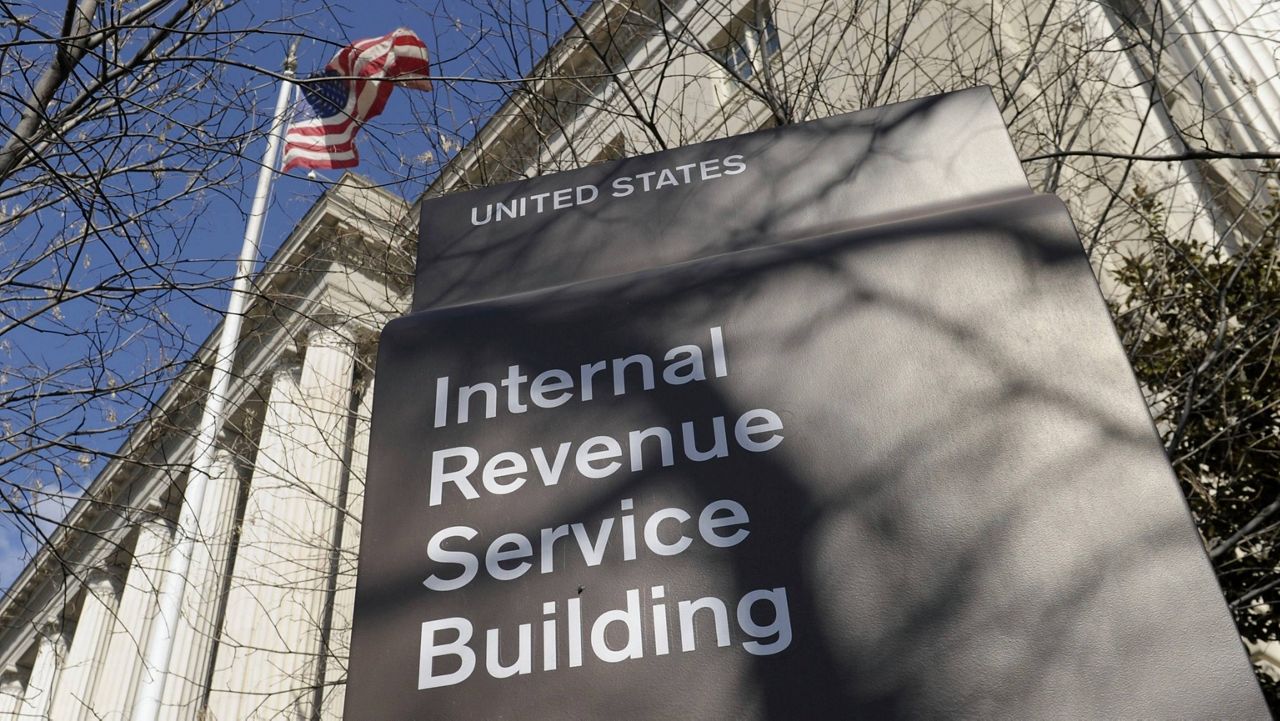BRANDON, Fla. - As the number of COVID-19 cases continues to rise, the concern for the state’s elder care population remains at the forefront, including the potential for long-term care residents being left without a facility to live in after treatment.
What You Need To Know
- CORONAVIRUS LIVE UPDATES: In the Central Florida area | In the Tampa Bay area
- COVID-19 IMPACTS ON: Airports, Transportation Systems | Sports Events and Teams | Attractions | School Districts and Universities | Retailers, Restaurants Adjust Hours
- COMPLETE COVERAGE: Spectrum News | CDC | Florida Department of Health
Mary Herndon became a resident of of Consulate Healthcare of Brandon in the weeks before the pandemic. In mid-May, her son Ed Herndon said she tested positive for COVID-19 and was transferred to an area hospital. Herndon said he was assured his mother would have a spot at the facility once she recovered but a few weeks later, when the 89-year-old was discharged, Herndon said he was told the facility no longer had room.
“When you hear something like that, I immediately clicked. I said, 'No, this is not right,'" Herndon said.
As it turns out, Florida statute limits the number of days a facility has to hold a resident’s bed when they go to the hospital for treatment. For residents on Medicaid, it’s 15 days. For those with private pay, it’s 30 days.
With many nursing homes being cautious, or not even accepting new residents because of COVID-19, Herndon said the family’s options quickly became limited.
They’re not alone. Spectrum Bay News 9 has been contacted by a number of viewers who said they are in the same position.
Andrew Boyer, an attorney in Sarasota who specializes in elder law, said right now, how to proceed legally is unclear.
“The legal landscape is definitely a little muddy right now,” Boyer said.
Boyer said the best thing a family can do is try to work it out directly with the facility. He suggests asking questions, reviewing bed reservation and discharge policies and clearly expressing the desire for your loved one to stay. If necessary, Boyer said you can let the facility know you are prepared to take it to the next level.
“You have a right to request a hearing under federal and state law,” Boyer said. “And a lot of times the facilities are not going to want to put all of that together.”
Ed Herndon said he did just that, telling Consulate he would appeal the decision if he couldn’t find a room. That same day, Herndon said he was told there was a bed for his mother after all.
“Once they found out we had knowledge of how to do this, they acted in our favor real quick,” Herndon said.
Spectrum Bay News 9 reached out to the spokesperson for Consulate Health Care for reaction to this incident, as well as clarification of their bed reservation policy during the COVID-19 crisis, but we have yet to hear back.
Herndon said he also filed a complaint through the Florida Department of Elder Affairs, because his mother’s belongings were packed up and misplaced. Herndon said the investigator assigned to the case through the state’s Long-Term Care Ombudsman Program indicated the items have since been found, but not before the family had to buy his mother new clothes and personal hygiene products.
For more information on Florida’s Long-Term Care Ombudsman Program, visit http://ombudsman.myflorida.com/









